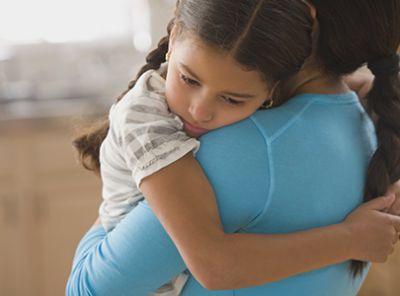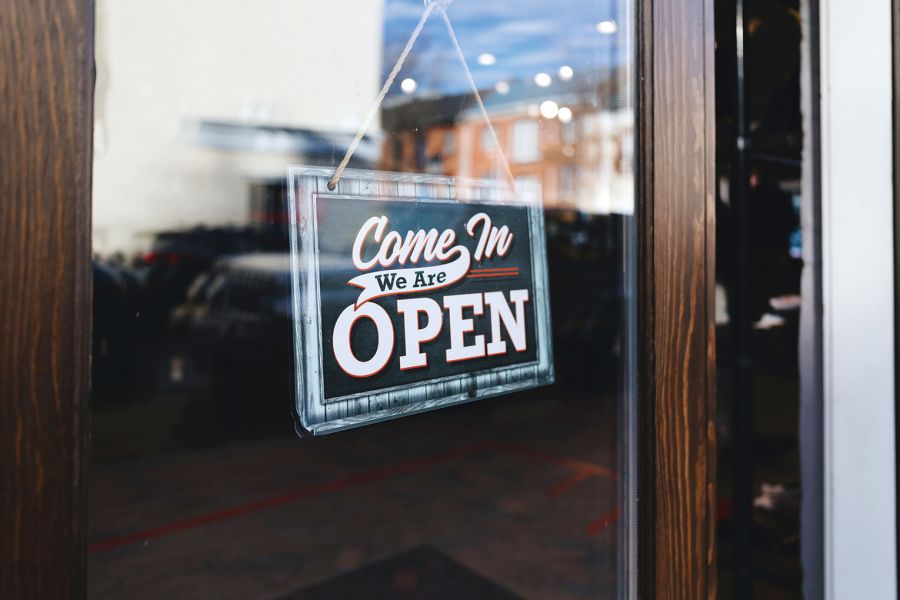Journalists must debate ethics of interviewing vulnerable subjects
Jackie Spinner
Jun 1, 2022


In the aftermath of the killings at an elementary school in Uvalde, Texas, journalists tried to piece together exactly what happened, talking to parents, teachers and young witnesses of the horrific violence that unfolded mostly inside a 4th grade classroom.
It’s what we do as journalists, and unfortunately, many of us are experienced at it, no matter where we live. Every state in America has had at least one school shooting since 1970, according to the Center for Homeland Defense and Security. The average for the years from 1970 to 2015 was just under 35 deaths or injuries a year. Since 2016, even with the pandemic shuttering schools, that average tripled to more than 112.
This particular tragedy at Robb Elementary School, which involved so many young victims, raised the question about whether we should be interviewing children, some who witnessed the deaths of their classmates. A gunman killed 19 children and two teachers May 24 at the Texas school, making it the second deadliest school shooting in the decade after 26 people were killed at Sandy Hook Elementary in Connecticut in 2012.
Some have said it is wrong to put such young witnesses to tragedy on the spot by asking them to recount the horror of the day.
In one interview, a young boy whose parents allowed him to talk to a local CBS affiliate as long as he did not appear on camera or be identified by name, recounted that the gunman told children: “It’s time to die.”
He also said police asked children to call for help, and when a classmate did, she was shot.
Others questioned whether, even with consent from parents, reporters were not exploiting children at a vulnerable time.
Obviously, it is important for reporters to be sensitive, particularly to young victims, to remember that the majority of the people we interview have no experience with talking to the media. We often come to people at their worst moments when many are in shock. We did it in Buffalo recently, too, when a gunman killed 10 people on May 14 in a neighborhood grocery store. Obviously, it’s important not to badger or manipulate people into talking to us.
But the fact is that people process tragedy differently and some, including young children, not only want but also need to talk about what happened as part of their grieving and healing process.
The real problem isn’t that we interview young victims who want to talk. It’s the double-standard where we self-censor certain images and words when they happen in America and allow them if they occur overseas. I’ve seen and heard so many horrific stories from Ukraine in recent months and saw and heard horrific stories from Afghanistan and Syria and Iraq over the years, without the same objections to interviewing young victims of war.
The real problem is the chase. Our news organizations compete for exclusive interviews and to publish the most vivid and dramatic accounts first. Raise your hand if you ever had an editor chastise you because a competing organization had a detail or source you didn’t. Raise your hand if you’ve been that editor.
We tell ourselves this reporting is in the pursuit of public service. Already, the official accounts of what happened in Uvalde have changed as witnesses told different stories to the media. The police have had to walk back their own accounts of how the gunman was able to enter the school and how long it took to stop him. Journalists will continue in the coming days, weeks and months to hold officials accountable for what happened, and they will do so because of the survivors who are willing to talk and tell first-hand what went on inside of the school.
But we also should continue to examine our motives and work more cooperatively on breaking news stories, to the extent that we can, so that we aren’t chasing the same survivor’s account or chasing the same people.
Perhaps instead of focusing on whether we should be interviewing young victims, as some journalists have done in social media groups over the past few days, we should focus on the culture that encourages and rewards us for being vultures.
These young victims, with their parent’s permission, with kindness and respect, with compassion, have stories to tell, and it is our job to give them a place to tell them. We should take care not to trample them — or each other — to get to help tell them.
Jackie Spinner is the editor of Gateway Journalism Review (gatewayjr.org) and an associate professor at Columbia College Chicago. Send story tips to jspinner@colum.edu.










